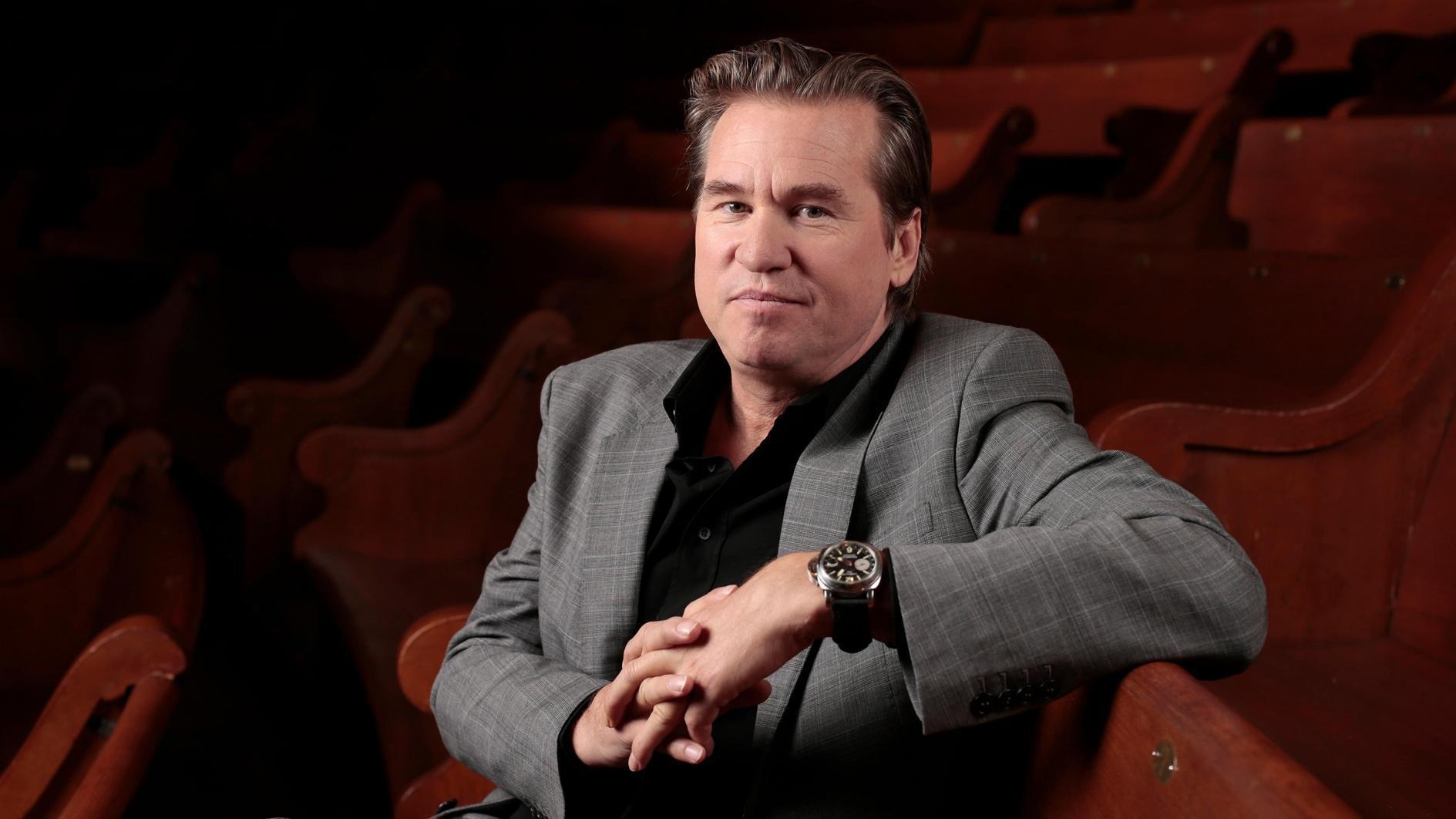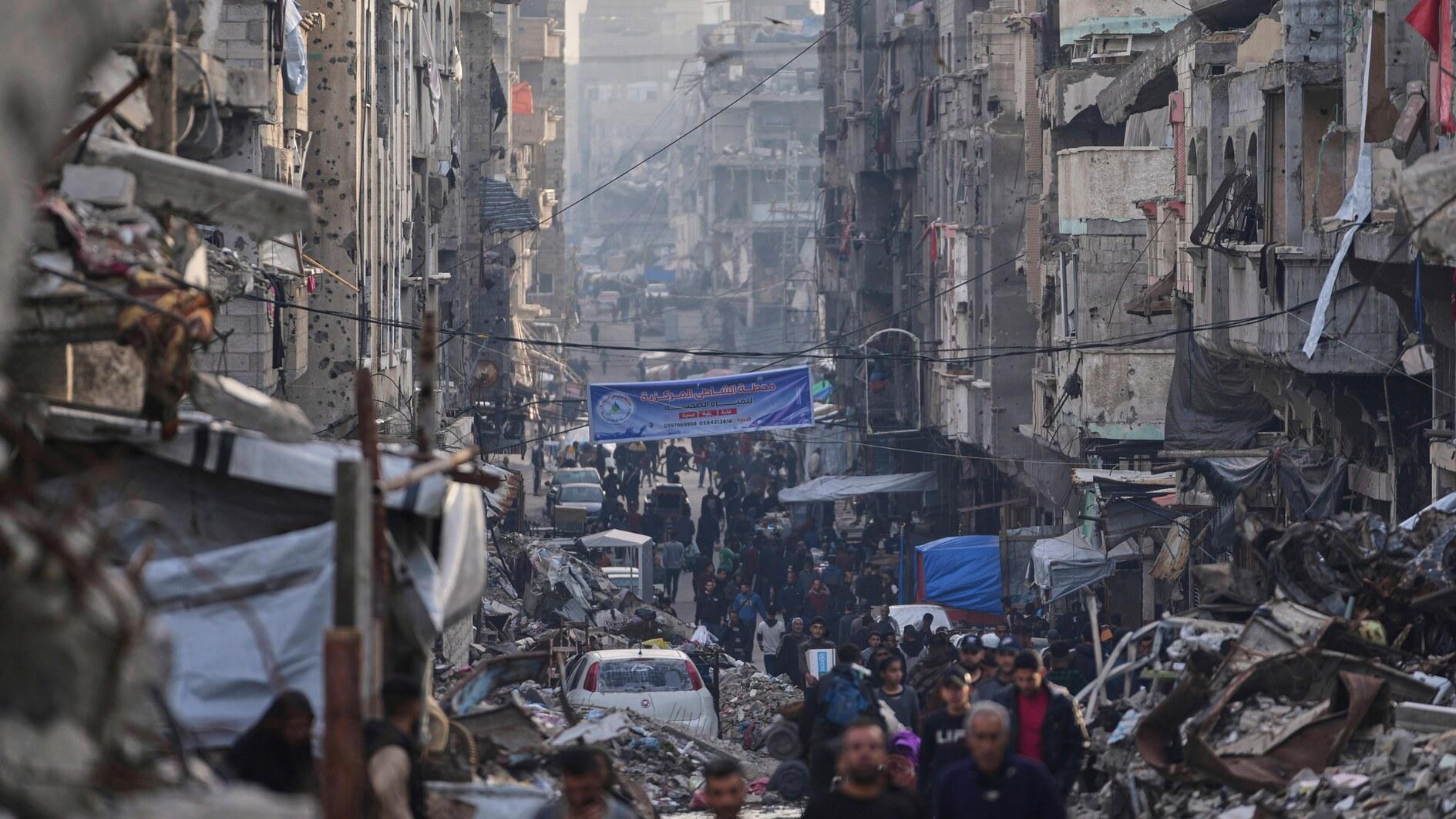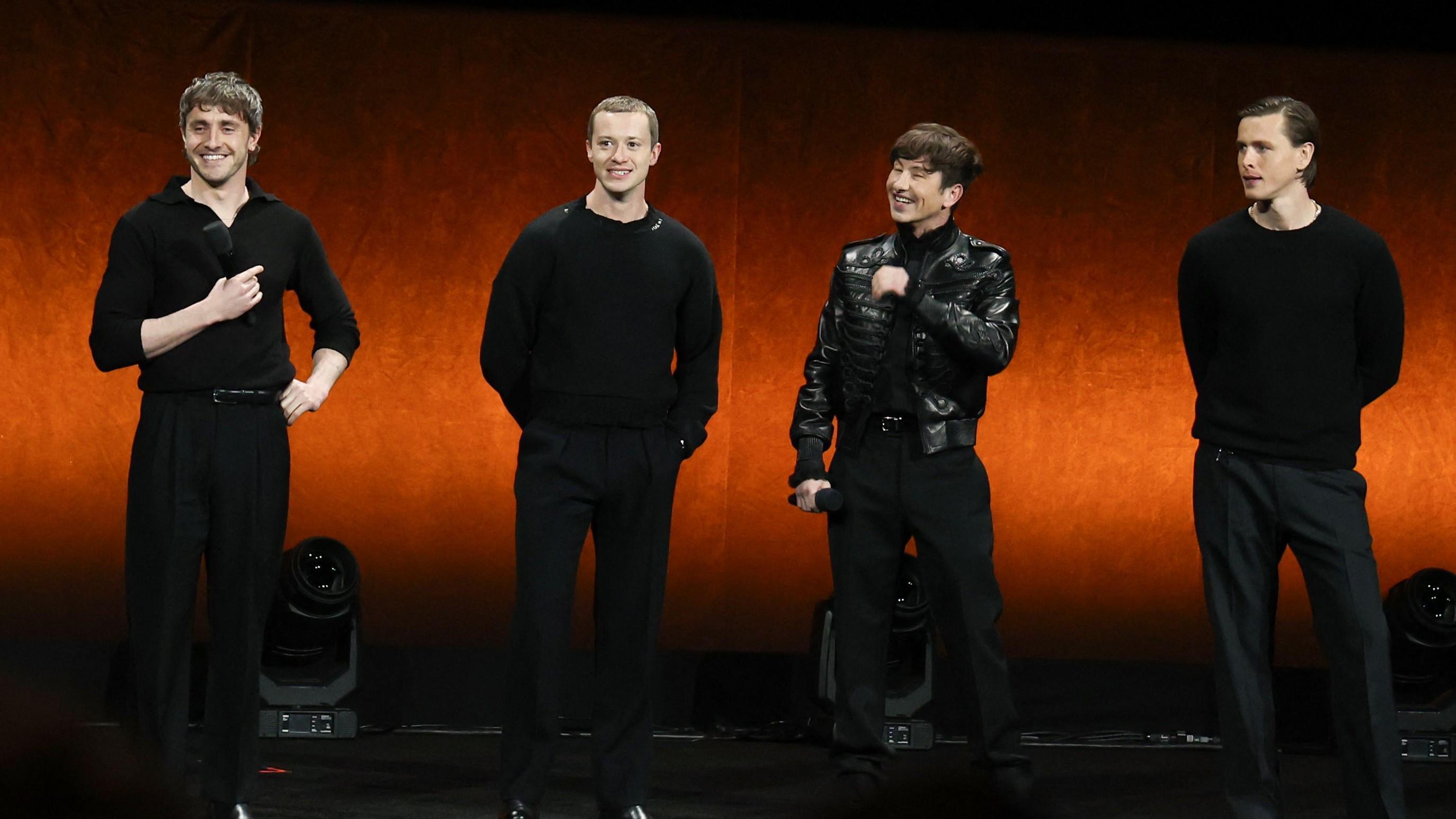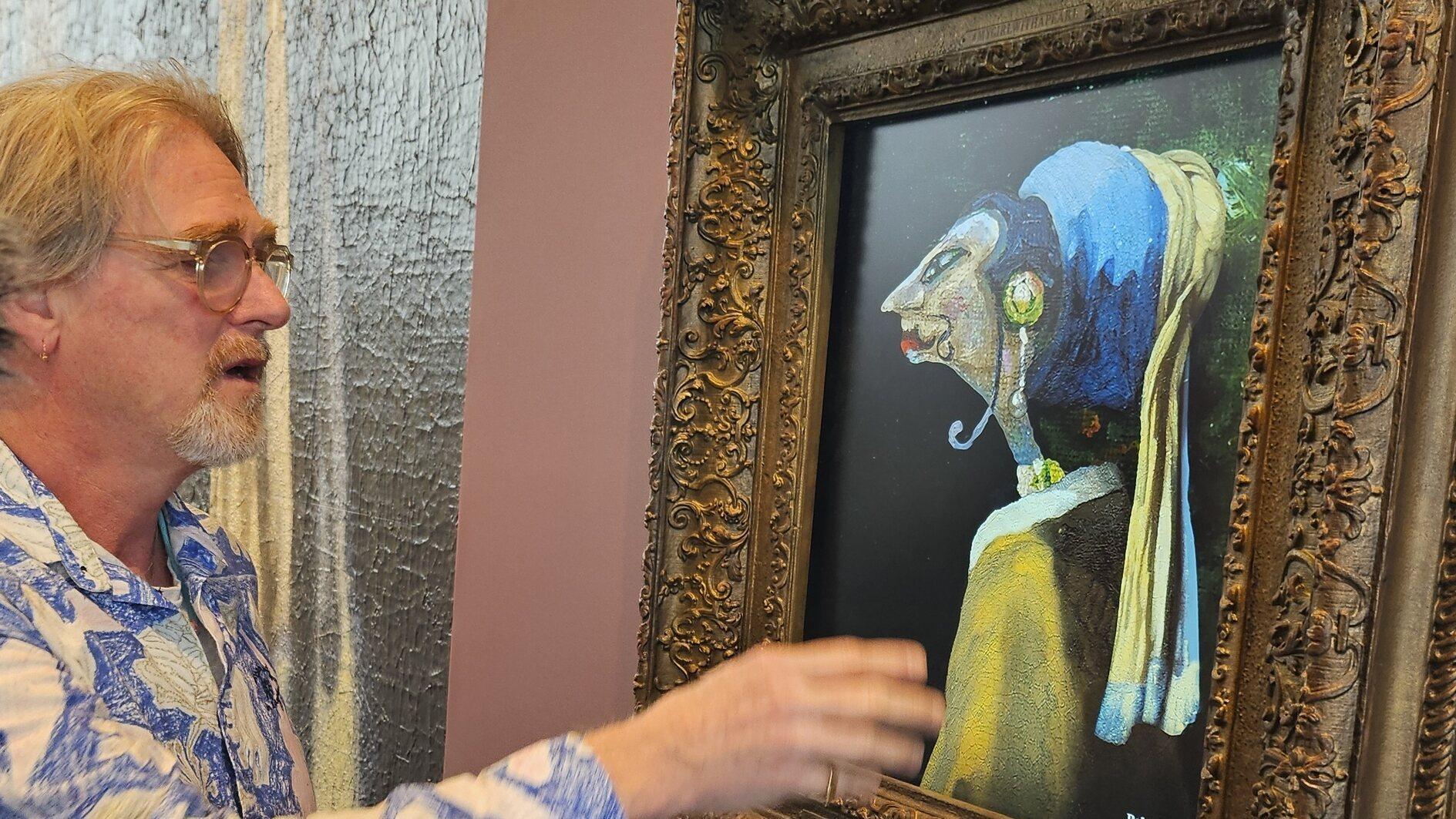Protests, solidarity mark beginning of coup-plot case against Turkish fan group çArşı
ISTANBUL
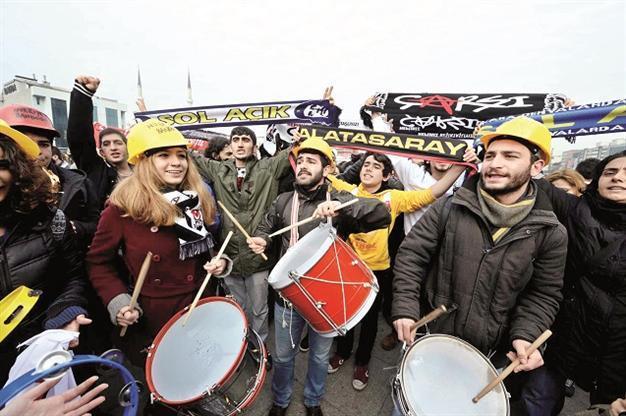
Fans of the three biggest football clubs in Istanbul cheered for çArşı together in front of the courthouse on Dec. 16, echoing their solidarity during last year's Gezi Park protests when they were dubbed 'Istanbul United.' DHA photo
A trial against 35 individuals associated with Beşiktaş’s football fan group çArşı on charges of “attempting to overthrow the government” during last year’s Gezi Park protests has opened at the Çağlayan Courthouse in central Istanbul.“We would make Beşiktaş the champions if we had the power,” said Cem Yakışkan, one of the prominent members of the group, when asked by the judge if the group had ever attempted a coup.
The Black and Whites’ latest title was in 2009.
Upon a question on his role in gathering people via social media for street protests, Yakışkan also said he did not even have a Twitter account at the time in question.
Arda Mutlu Doğan, another suspect, said he had never been to Gezi Park and did not attend any protests, as this was against his political stance.
Some 100 lawyers were ready at court to defend the group, which says the claims are baseless.
As the initial hall of the hearing was too small due to the large number of attendees, Judge Mehmet Tamirci lost no time in adapting to the sarcastic language of the çArşı group, saying he did not want an “away game” and requesting that some of the crowd leave the hall. A larger hall in the courthouse was subsequently opened, as the corridors witnessed football chants.
The group drew massive support from a crowd that included main opposition Republican People’s Party (CHP) deputies.
“It is a strange practice to claim that a football fan group would attempt a coup case,” said Faruk Bal, an opposition Nationalist Movement Party (MHP) deputy at Parliament. CHP deputy Mehmet Hilal Kaplan, meanwhile, wore a çArşı scarf and his colleague Melda Onur wore a Beşiktaş jersey at the Parliament building.
Wiretapping, a hot in issue in Turkey, also found room in the çArşı case, as some alleged records of the çArşı members were included in the indictment. However, lawyers rejected such an input as the allegations stemmed from before the Gezi protests.
“çArşı is conscience and cannot be judged,” the crowd outside shouted.
The parents of Berkin Elvan, a 15-year-old killed by police on a street close to his house during the Gezi Park protests, were also among the çArşı supporters.
The accusation against Beşiktaş’s iconic supporters group has been strongly criticized both domestically and internationally.
Human Rights Watch said in a written statement that the allegations were absurd. “Charging these Beşiktaş football club fans as enemies of the state for joining a public protest is a ludicrous travesty,” said Emma Sinclair-Webb, the senior Turkey researcher at Human Rights Watch.
The court accepted on Sept. 11 the indictment charging members of the çArşı supporters’ group with "attempting a coup" against the government.
According to the indictment, çArşı members are accused of attempting to capture the Prime Ministry’s offices in Ankara and Istanbul with the aim of creating “Arab Spring-like upheaval” and attempting to overthrow the government.
Supporters from çArşı were among the first groups to brave violent police crackdowns and continued to demonstrate during the first days of the Gezi protests, which led to many supporters being detained.
Another trial is ongoing against members of the Taksim Solidarity Platform, a local association that initiated the protest by calling for action against the cutting down of trees at Gezi Park.
çArşı had received international support after the indictment was announced, with fans of Germany’s Borussia Dortmund displaying placards reading “çArşı ultras, fight for your path,” “Never give up” and “Freedom to Ultras and Turkey as well,” during a league match against Freiburg in September.
At the time, çArşı stated in a press conference that it has always been socially aware on many issues, from the rights of people with disabilities to child labor and nuclear power, expressing dismay about allegations that it was an “armed organization."
“We have advocated a Turkey without nuclear power, and said donating blood would save lives. There was an earthquake in Van, we went to help. The Foundation for Children with Leukemia built new shelters, and we led the way. Our friends filled buses after the mining disaster in Soma to see if they could make themselves useful there. We said, ‘Take your dirty hands off our children’ for child workers. We still campaign for our citizens with disabilities. What we have done for animal shelters is also well-known,” çArşı said in its Sept. 9 statement.


